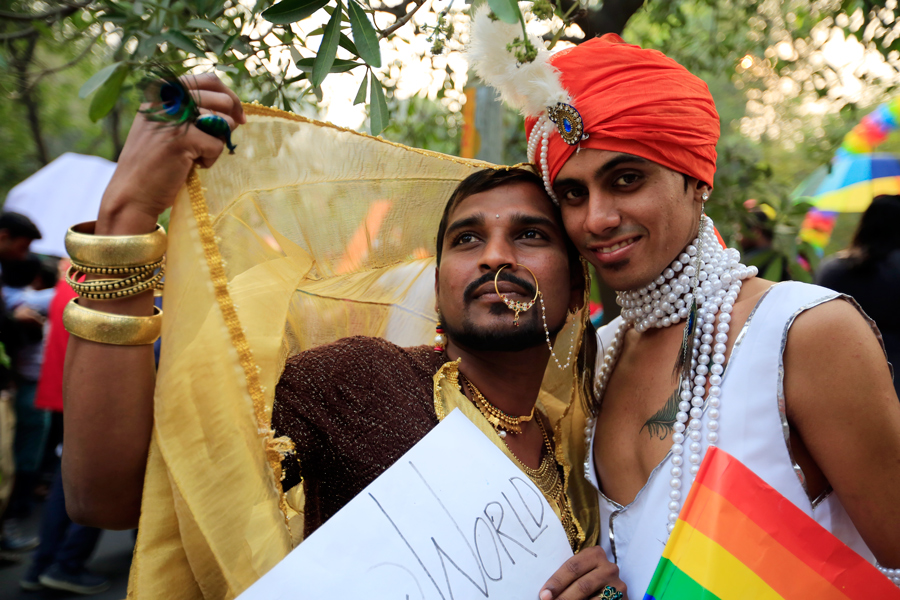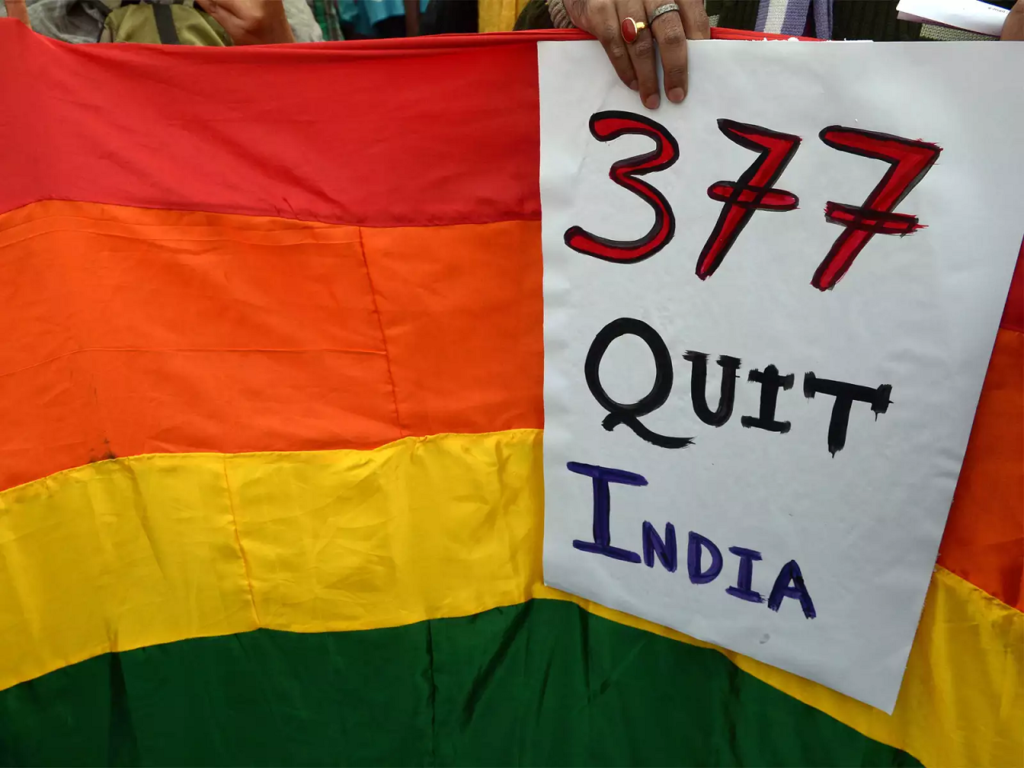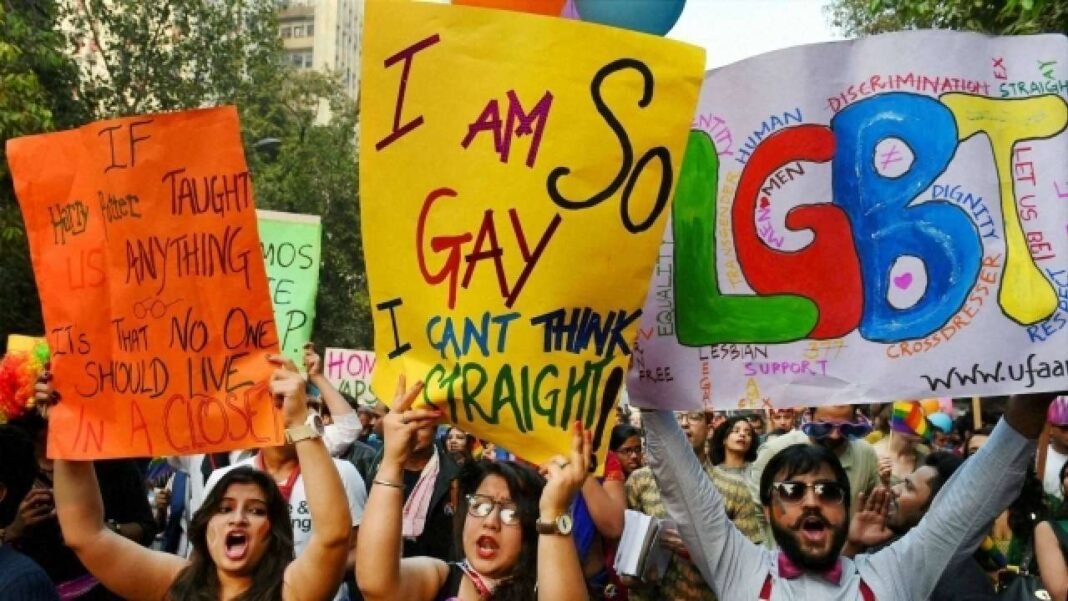Homosexuality
The affinity among persons of similar sex is referred to as homosexuality. It is derived from the Greek term homos, which means “the same.” It’s a sexual preference, not a gender identification like a man, woman, or non-binary. Individuals who are homosexual may identify as gay, lesbian, LGBTQ, queer, or a variety of many other labels.

There isn’t a single method to feel same-sex affection. Often LGBT persons discover an attraction for individuals of similar sex in early adolescence. Nevertheless, it may take a while to discover whatever you’re particularly drawn to or to feel secure admitting it to both yourself and everyone else. Individuals have physical, affectionate, and mental sentiments towards other individuals in various ways throughout their life.
Homosexuality in India
There are currently no definitive statistics for India’s LGBT populace, although the Indian government provided numbers to the Supreme Court in 2012, claiming that there are around 2.5 million homosexual persons in India.
These data just include people who’ve already self-declared to the Ministry of Health and Family Welfare. Because many LGBTQ Indians live in the secret for fear of being discriminated against, the figures for those who have hidden their sexuality may be significantly greater.
Rights of Homosexuals in India
The liberties have already been specified in our Indian Constitution as part of the six essential rights that protect each person who is an Indian citizen within several Sections.

- Article 14 of the Indian Constitution asserts the right to equality and equal protection for all residents, encompassing males, females, and transgender people.
- Article 15 of the Indian Constitution asserts the right to be free from discrimination based on faith, ethnicity, class, gender, or birth. It plainly suggests that gender-based prejudice is unacceptable, and no individual may be discriminated against based on sexual orientation.
- Article 19(1) (a) of the Indian Constitution states that all Indian citizens have the right to free speech and expression. Preserve their freedom to declare their gender identity in accordance with the right.
- Article 21 of the Indian Constitution, provides for the preservation of life and personal liberty. This right safeguards the privacy, individuality, and dignity of citizens.
On August 24, 2017, the Hon’ble Supreme Court of India granted the LGBT community the right to freely declare their sexual identity. As a result, within the country’s Rights to Privacy legislation, a person’s sexual preference is safeguarded. The Supreme Court, though, did not expressly strike any legislation that criminalized same-sex relations.
Section 377 of the Indian Penal Code (IPC), which dates back to 1861, deems sexual actions “against the order of nature” a crime indictable by life imprisonment.
On September 6, 2018, in a landmark judgment, a five-judge Bench panel partly overturned Section 377 of the Indian Penal Code, decriminalizing same-sex relationships among consenting individuals. LGBT people are now lawfully permitted to participate in consensual sex. The Court has maintained Section 377 rules that make non-consensual or sexual activities on animals illegal.
Also Read: Is Gay Marriages Illegal In India? Homosexual Marriage in India

